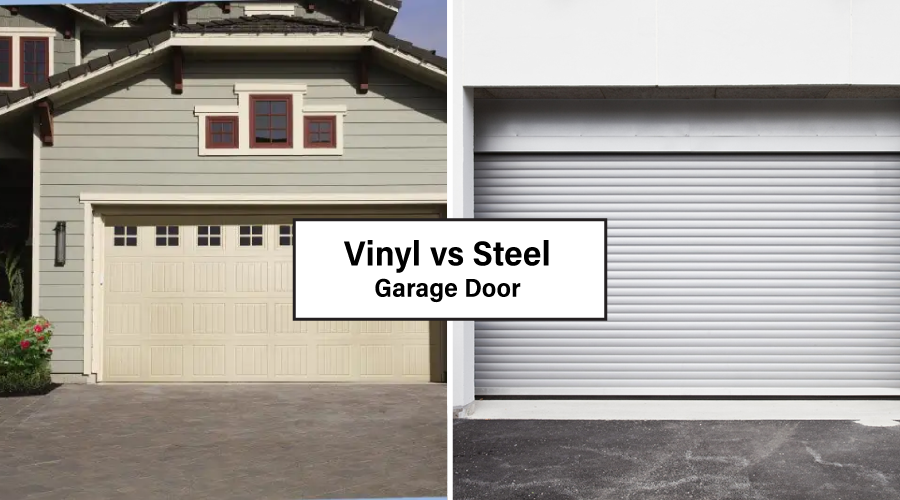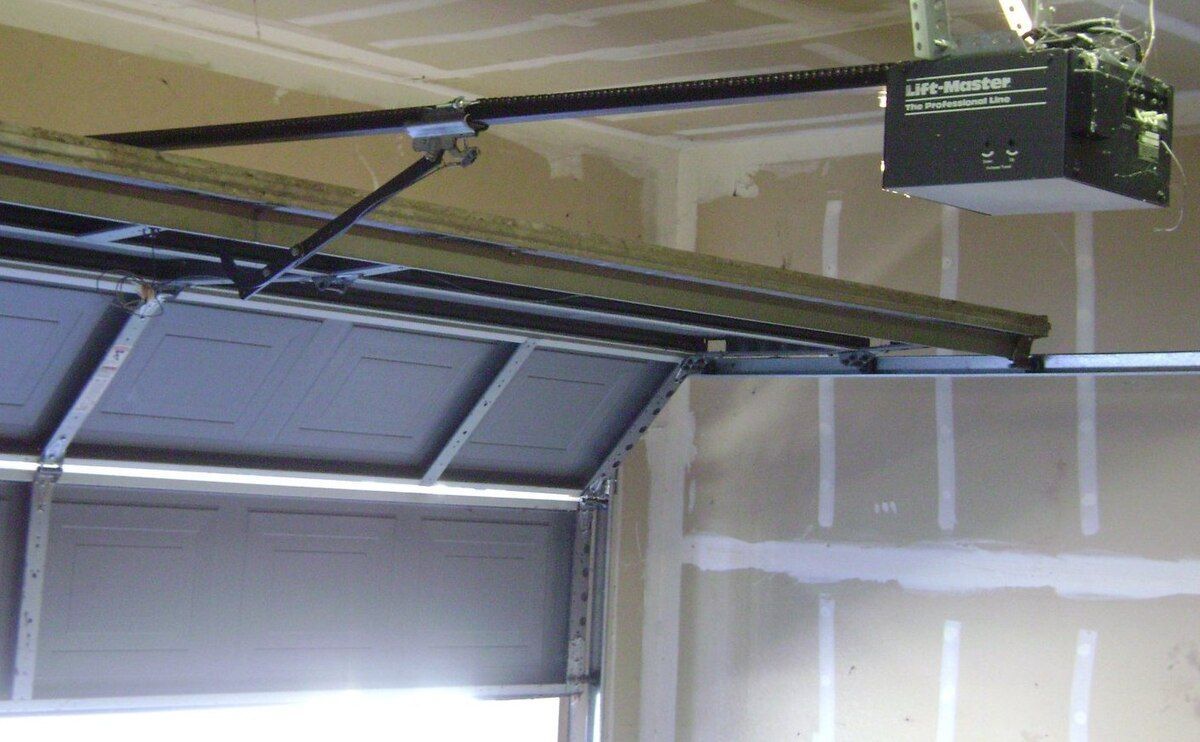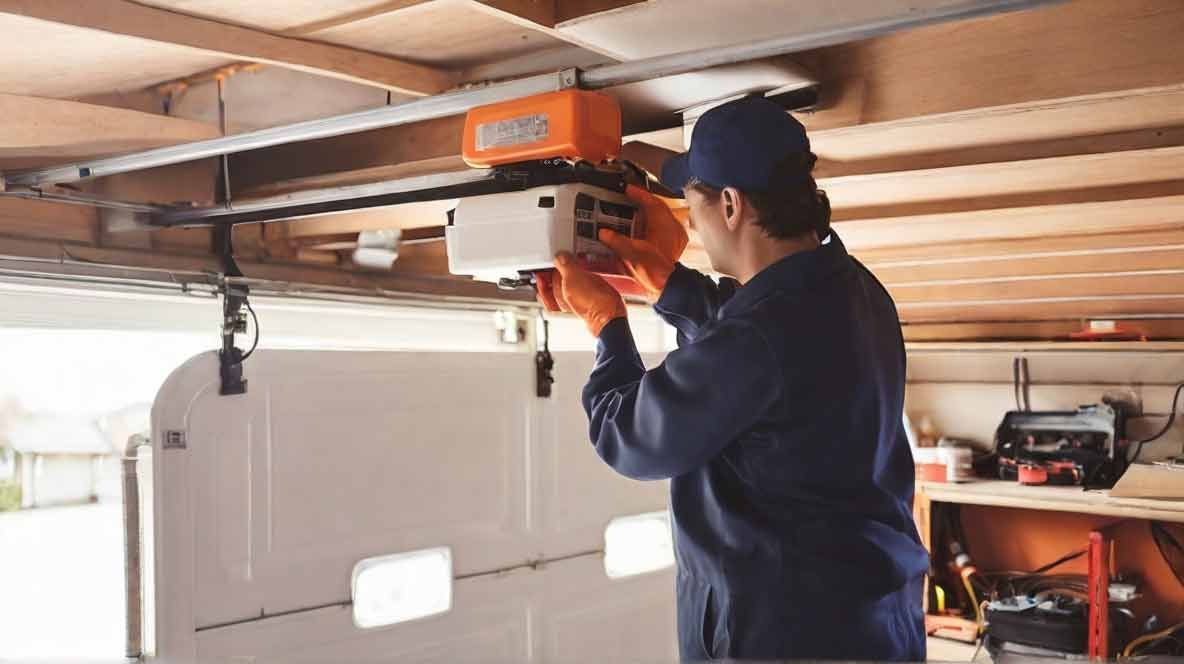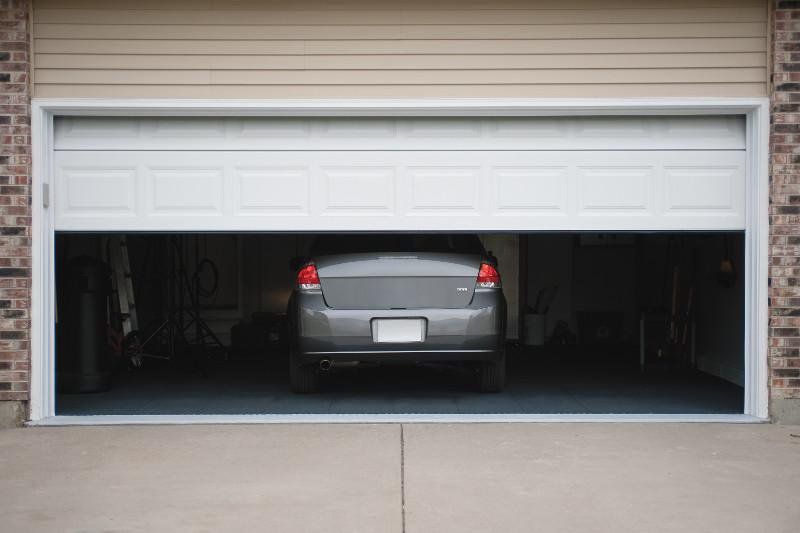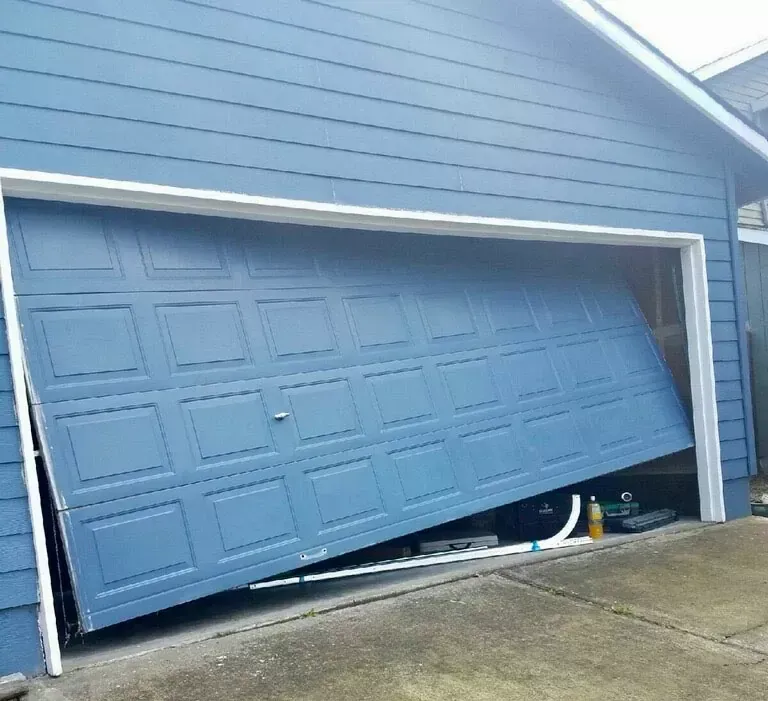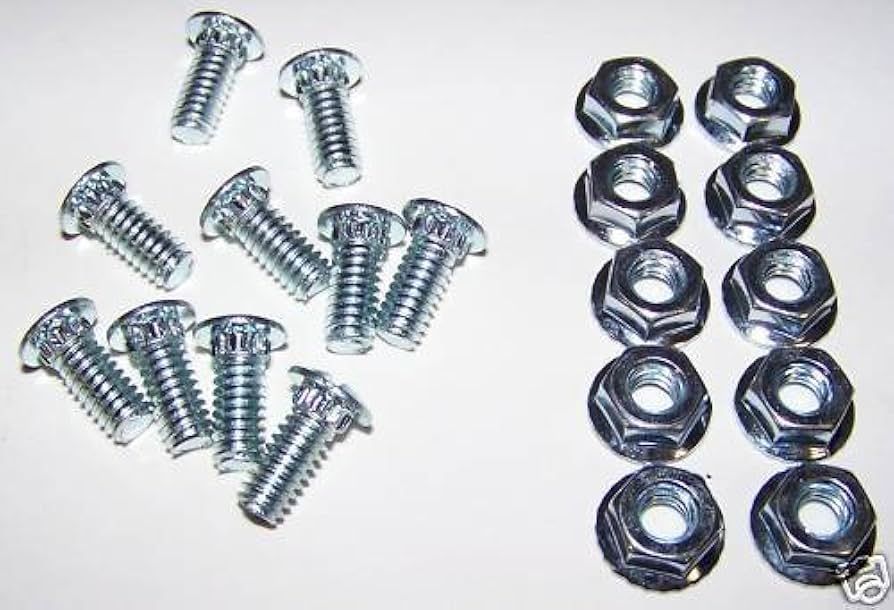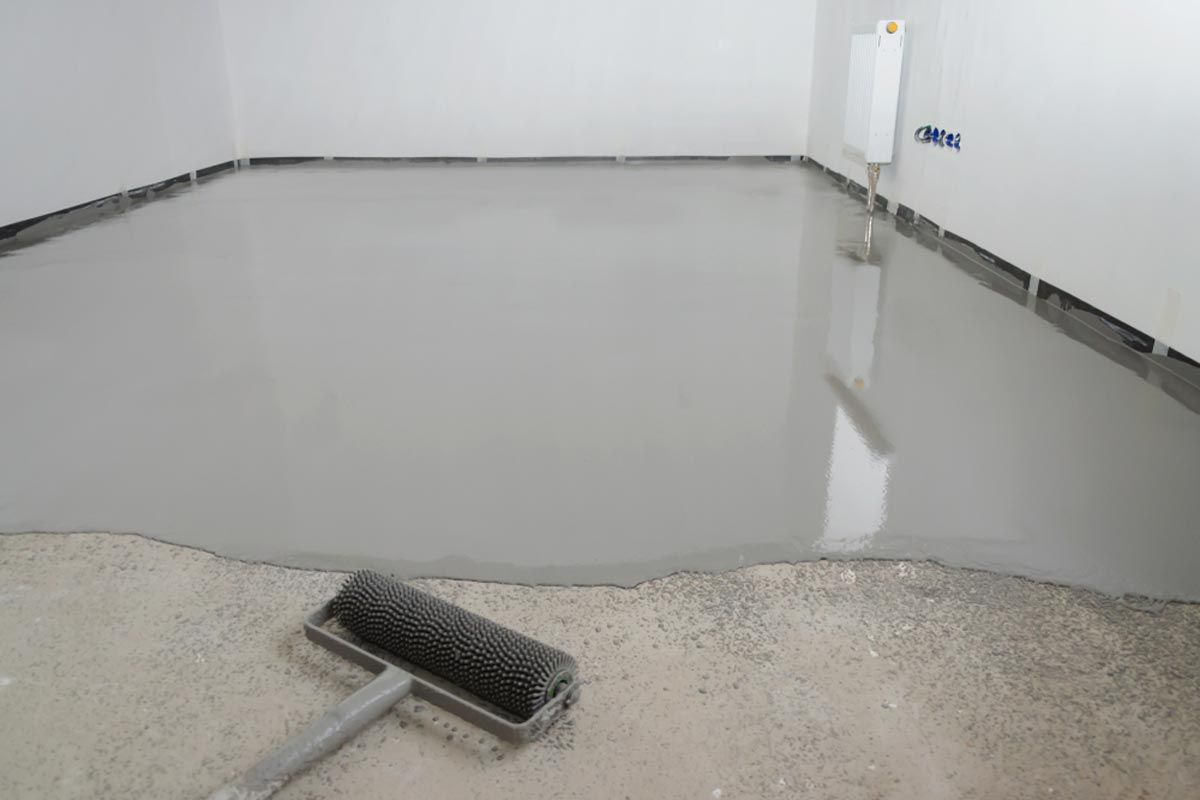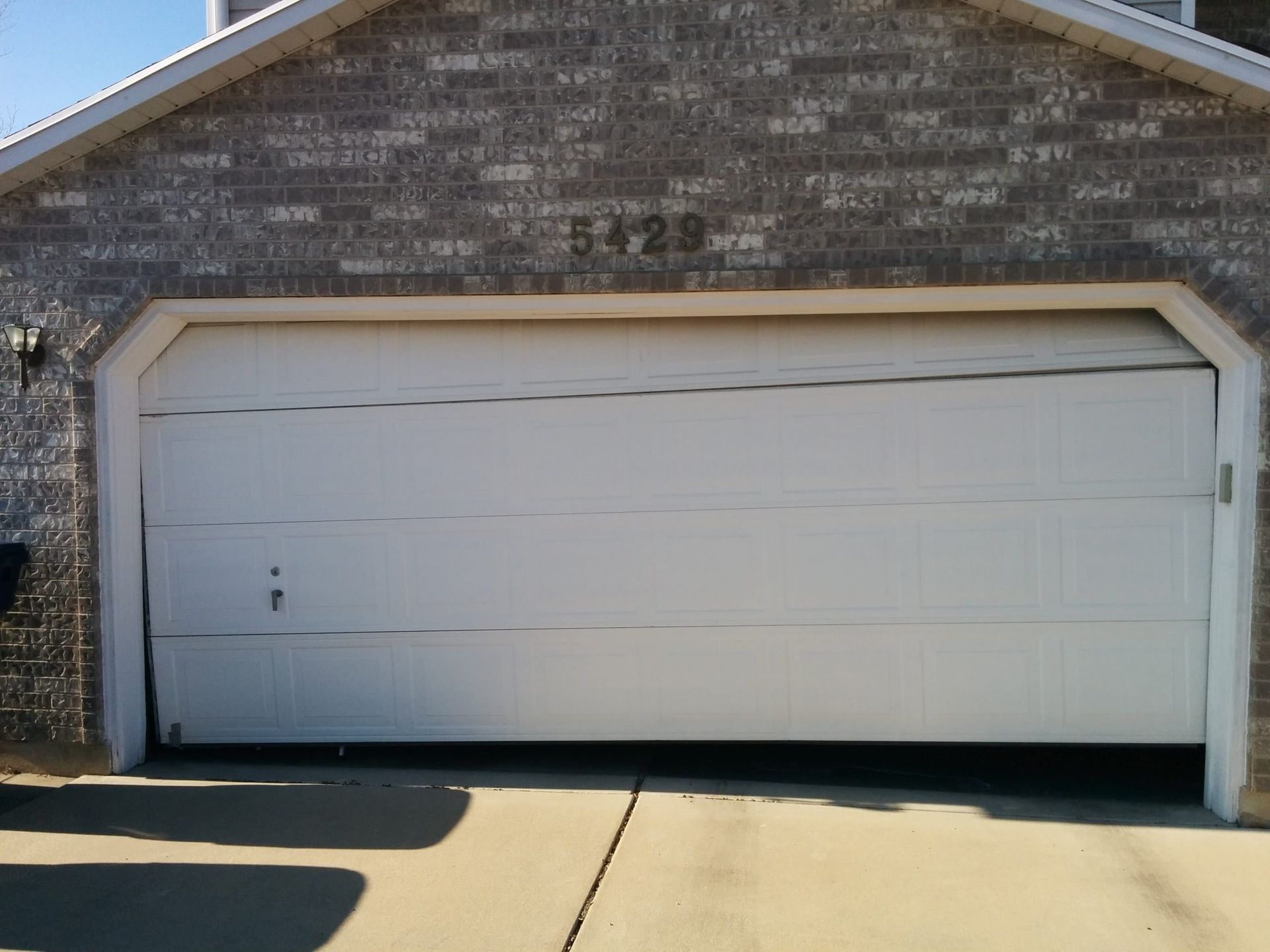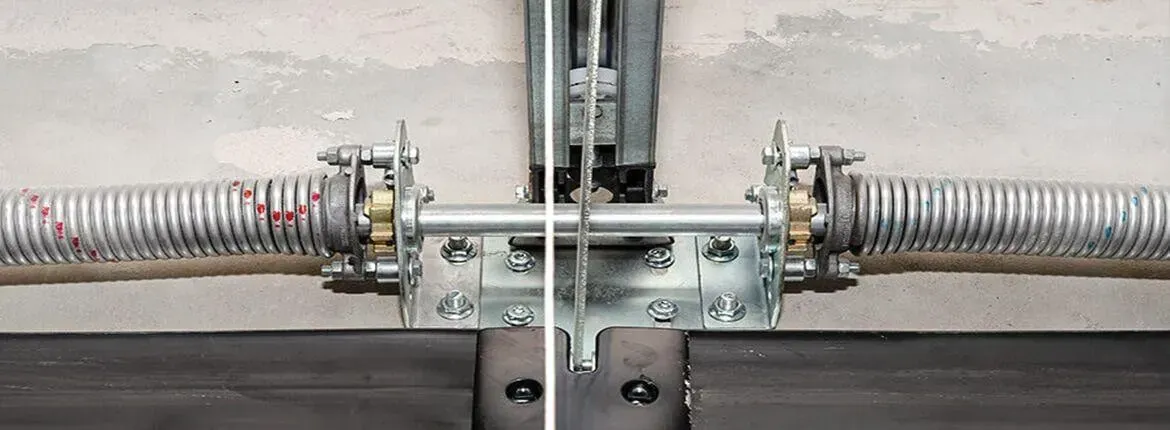5 Ways on How to Reduce Heat from a Garage Door
When summer hits, keeping your garage cool becomes a real challenge. Excessive heat in garages not only makes the space uncomfortable but can also affect the items stored there, raise indoor temperatures, and even strain your energy bills. For many homeowners and companies, finding effective ways to reduce garage door heat is crucial. This guide covers practical, tested strategies that can help keep your garage cool by addressing both heat management and prevention.
Why Managing Garage Heat Matters
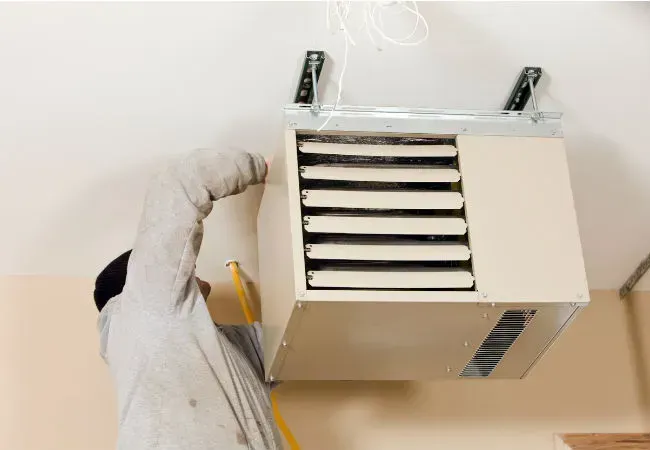
Garages are often less insulated and more exposed than other parts of a building. As a result, they tend to absorb and retain heat, especially if the garage door is uninsulated or faces the sun. Excessive heat buildup can lead to various issues:
- Uncomfortable Temperatures: Garages can reach unbearable levels during summer, affecting the indoor temperature of adjoining rooms.
- Strain on Energy Usage: Higher garage temperatures can make nearby spaces hotter, requiring more air conditioning and leading to increased energy costs.
- Damage to Stored Items: Extreme heat can damage items like tools, paints, or household goods stored in the garage.
Taking proactive steps can help alleviate these issues, making the garage a more functional space. Here are five effective ways to reduce heat from a garage door.
Insulate the Garage Door
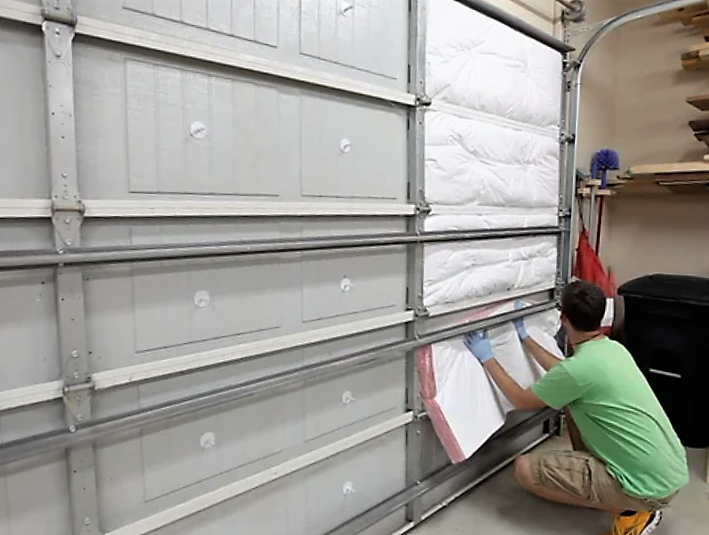
Insulating your garage door is one of the most effective ways to reduce heat. By adding insulation, you help keep the garage cooler in summer and warmer in winter. Insulated doors reduce heat transfer, which stabilizes the temperature in your garage and helps lower energy costs. According to studies, insulated doors can reduce heat loss by up to 70%, which translates to significant energy savings and a more comfortable garage.
There are various insulation materials to consider:
- Foam board insulation: Lightweight and affordable, offering good heat resistance.
- Reflective insulation: Often used for garage doors facing the sun, reflective insulation helps deflect heat away from the garage.
- Fiberglass insulation: A heavier but effective option, particularly for metal garage doors.
Insulating the garage door can also enhance noise reduction, offering a quieter environment if you use the garage as a workspace.
Improve Ventilation
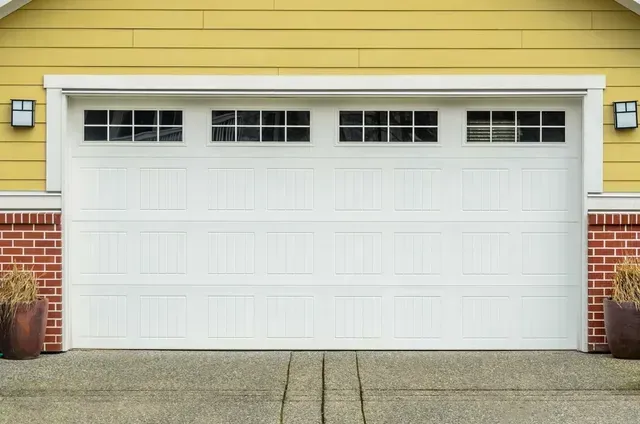
Increasing ventilation in the garage helps control temperature and prevent heat buildup. Ventilation is essential because it removes hot air and replaces it with cooler air, which naturally regulates the temperature. Using box fans or oscillating fans can improve airflow by moving hot air out of the space. For those looking to go a step further, installing a ventilation system or exhaust fan specifically designed for garages can significantly reduce heat retention.
Some ventilation solutions to consider:
- Exhaust fans: Often installed on the walls or ceiling, these fans expel hot air and draw in cooler air.
- Windows or vents: If your garage has windows or vents, keeping them open in the early morning and evening when temperatures are lower can help regulate heat.
- Cross-ventilation: Positioning fans at opposite ends of the garage can promote cross-ventilation, which maximizes airflow.
Use a Dehumidifier
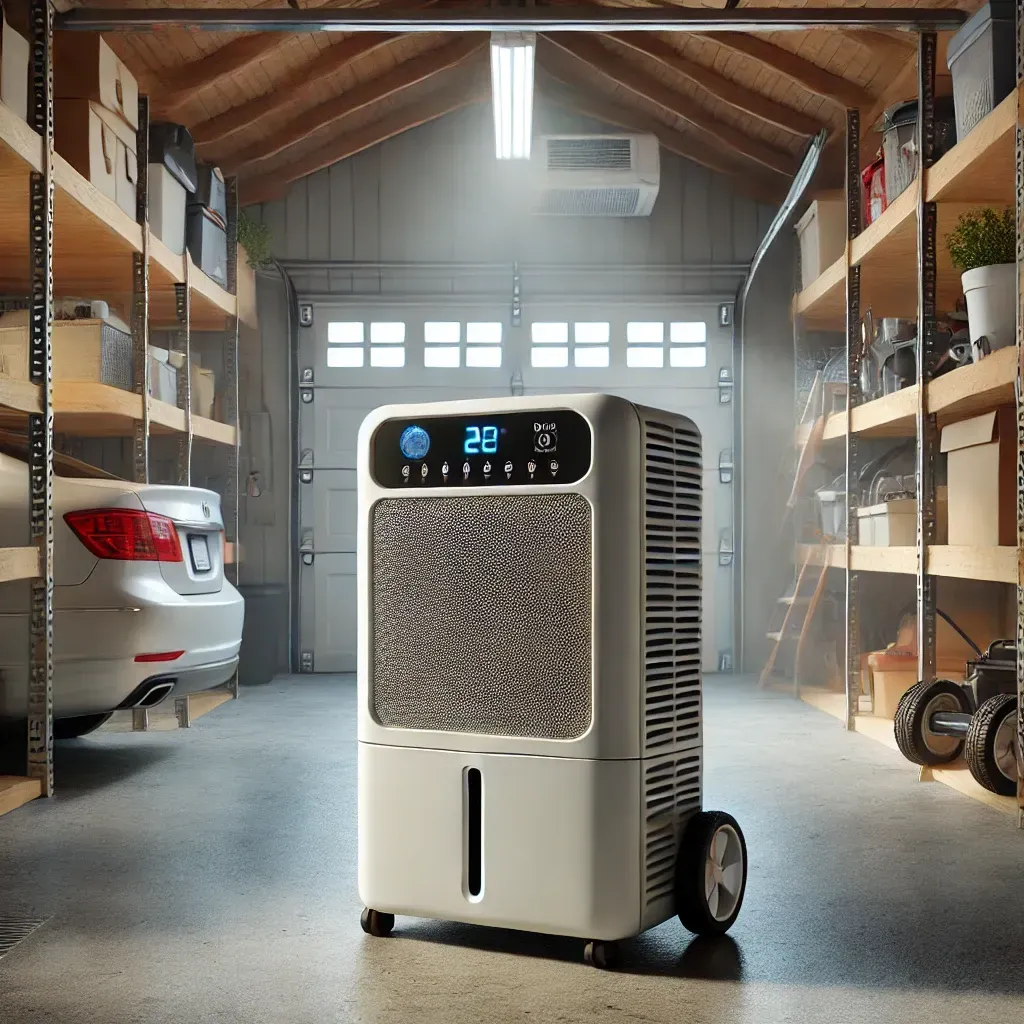
A dehumidifier is an excellent tool for reducing humidity and temperature in a garage. Garages can accumulate a lot of moisture, especially in humid climates, which can make the space feel even hotter. A dehumidifier works by pulling moisture out of the air, making it easier for a ventilation system or fan to cool down the space. When paired with good ventilation, a dehumidifier can help keep the garage environment dry, comfortable, and cooler.
Additional benefits of using a dehumidifier include:
- Reducing condensation: Excess moisture can lead to rust on tools or damage to stored items.
- Improving air quality: Reduces musty odors and the potential for mold growth.
- Enhanced cooling efficiency: Less humidity makes it easier to cool the air, which can lower the overall temperature in the garage.
Declutter Your Garage
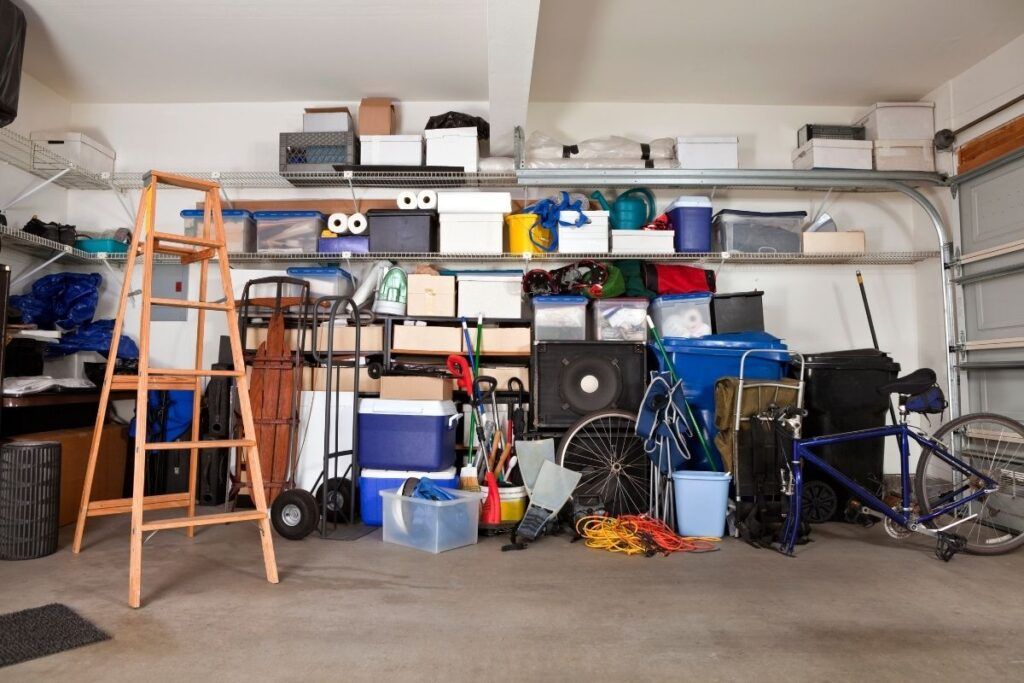
A cluttered garage tends to retain heat. When a garage is packed with boxes and items, airflow is restricted, causing the temperature to rise. Decluttering by adding shelves or organizing items can help create a more open space, allowing for better airflow and reducing the heat trapped within the garage.
Here are some decluttering tips:
- Shelving solutions: Use wall-mounted shelves to free up floor space and allow for better airflow.
- Storage bins: Keep items organized in labeled bins to reduce clutter.
- Dispose of unnecessary items: Old paints, broken tools, and other unused items can trap heat and reduce ventilation, so consider discarding or relocating them.
Decluttering can also turn the garage into a more functional area, especially if you use it as a workspace or storage space.
Install a Radiant Barrier on Your Garage Door
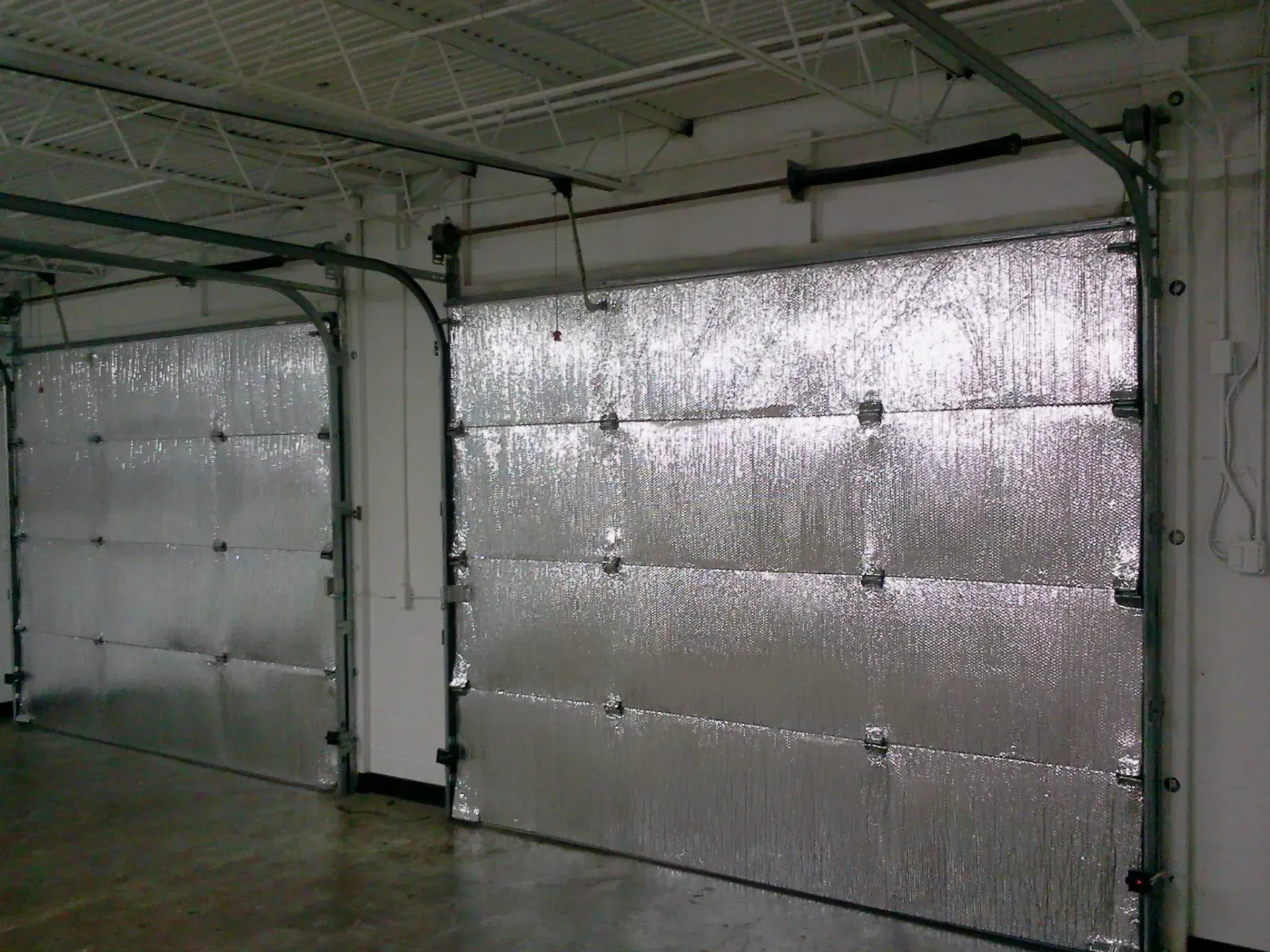
Radiant barriers are effective at reflecting heat away from your garage door, especially if it receives direct sunlight for most of the day. Radiant barriers are made from reflective materials, typically installed on the inner side of the garage door to deflect radiant heat. When sunlight hits your garage door, this barrier reflects most of the heat away, preventing it from entering the garage and helping to keep temperatures down.
Some radiant barrier options include:
- Reflective foil insulation: Applied to the back of the door, foil insulation can be an affordable and effective option.
- Radiant paint: A special reflective coating applied to the inside of the garage door, which reduces heat absorption.
Potential Benefits and Long-Term Outcomes
By implementing these strategies, you can expect a more comfortable and energy-efficient garage. Each approach not only tackles heat buildup but also enhances the usability and value of the space. Insulating your garage door is particularly effective, and it’s important to Choose the Best Garage Door Insulation for Your Climate to maximize these benefits. An insulated and well-ventilated garage reduces stress on air conditioning, which could lead to lower energy bills and a smaller carbon footprint.
Addressing garage heat can also preserve the longevity of your stored items and garage door. Over time, taking steps to regulate the temperature in your garage may even extend the life of the garage door and its components by reducing exposure to extreme temperatures.
Conclusion
Reducing heat in the garage is about creating a better environment, preserving your belongings, and making a more energy-efficient home. From insulation to decluttering, each method offers tangible benefits that address garage heat buildup from different angles. By using a combination of these techniques, you can enjoy a more comfortable and functional garage throughout the year.


